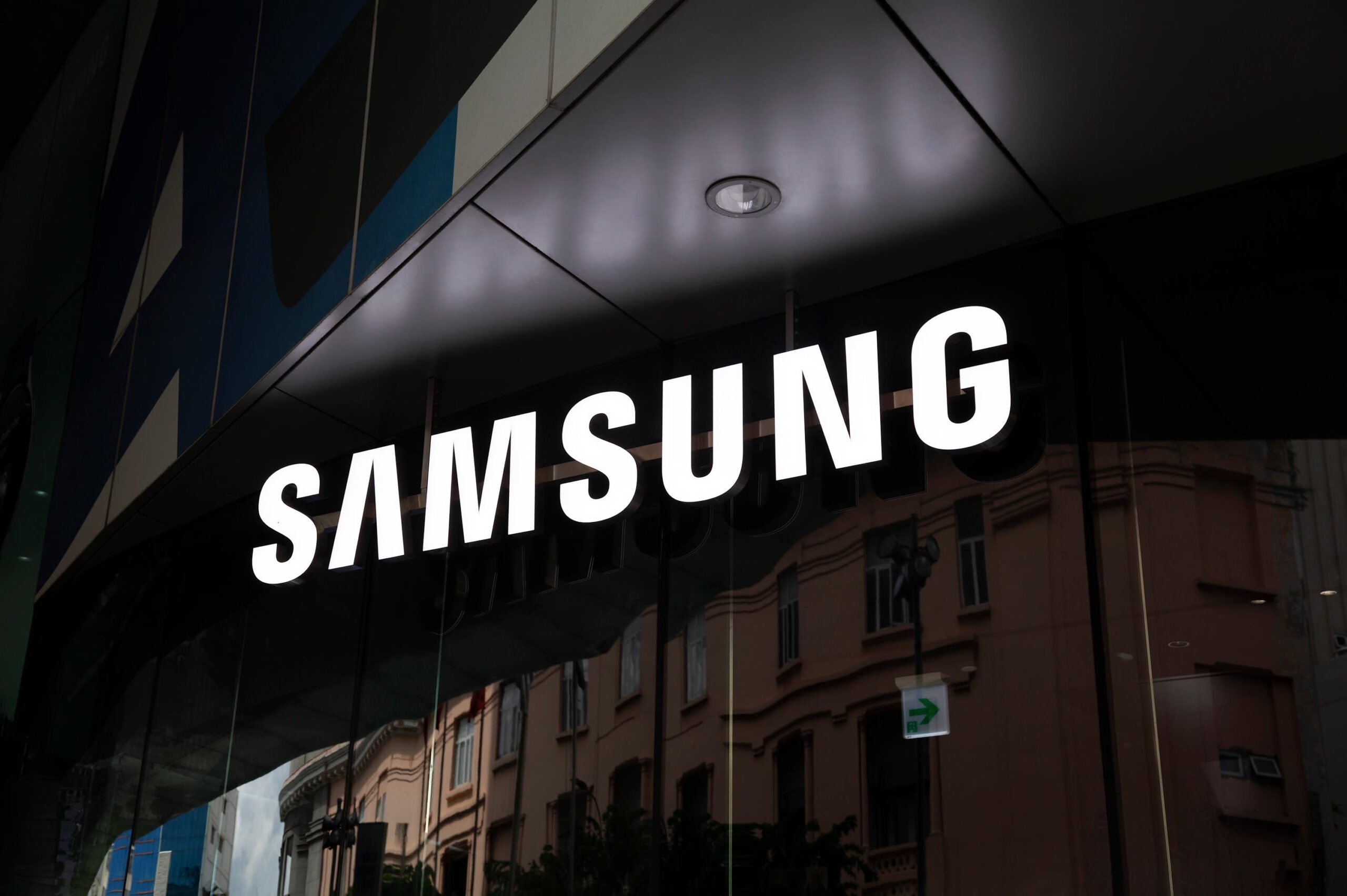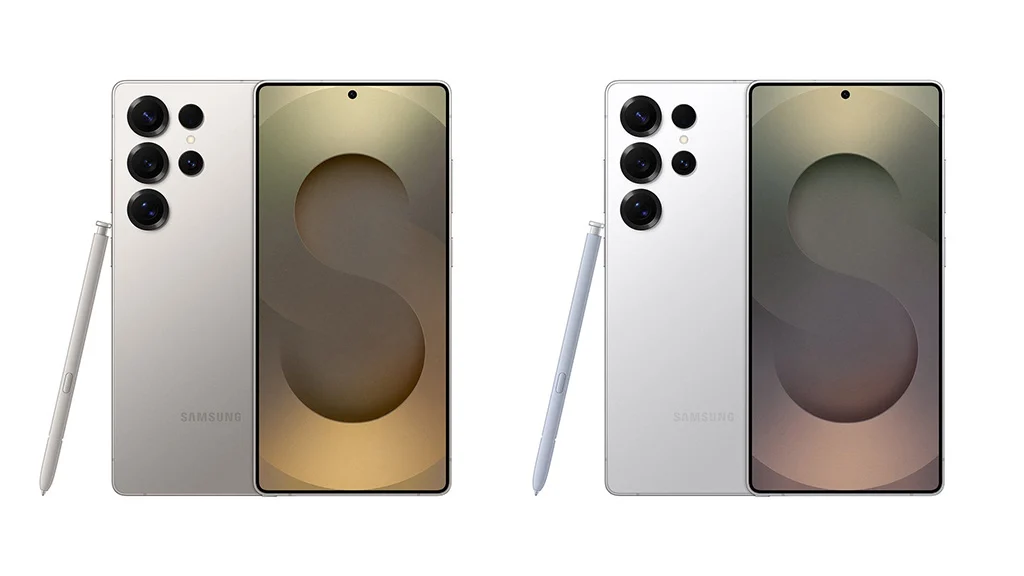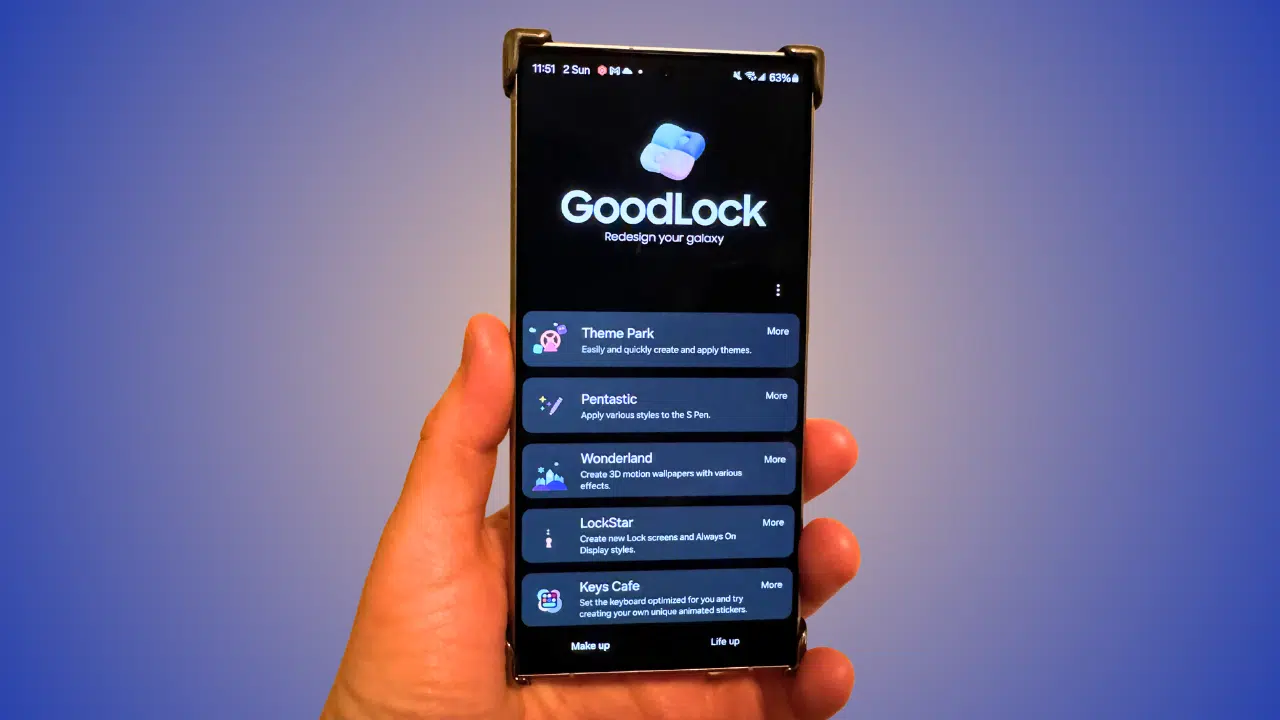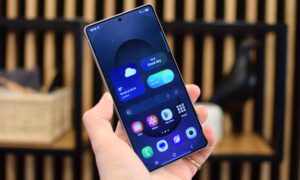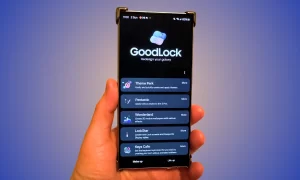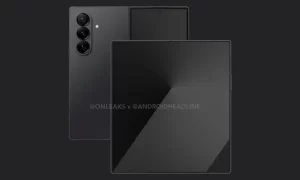Qualcomm of the United States officially launched the Snapdragon Sound audio technology to further improve the wireless audio experience, and jointly optimize the hardware, software, wireless connection, etc., with the purpose of solving the most important problems of existing wireless audio, Improve sound quality, connection stability and decrease latency.
Snapdragon Sound technology upgrades the existing aptX audio protocol specification to 24-bit 96kHz, reaching a level consistent with Sony’s LDAC. In addition, Qualcomm’s Aqstic technology can ensure that the volume of the external speaker of the mobile phone is further increased, with a maximum output power of 7.3W and no sound breakage.
Aqstic technology will enable mobile phones to support 384kHz 32-bit PCM audio and DSD hard decoding, reaching the level of an independent HiFi DAC chip.
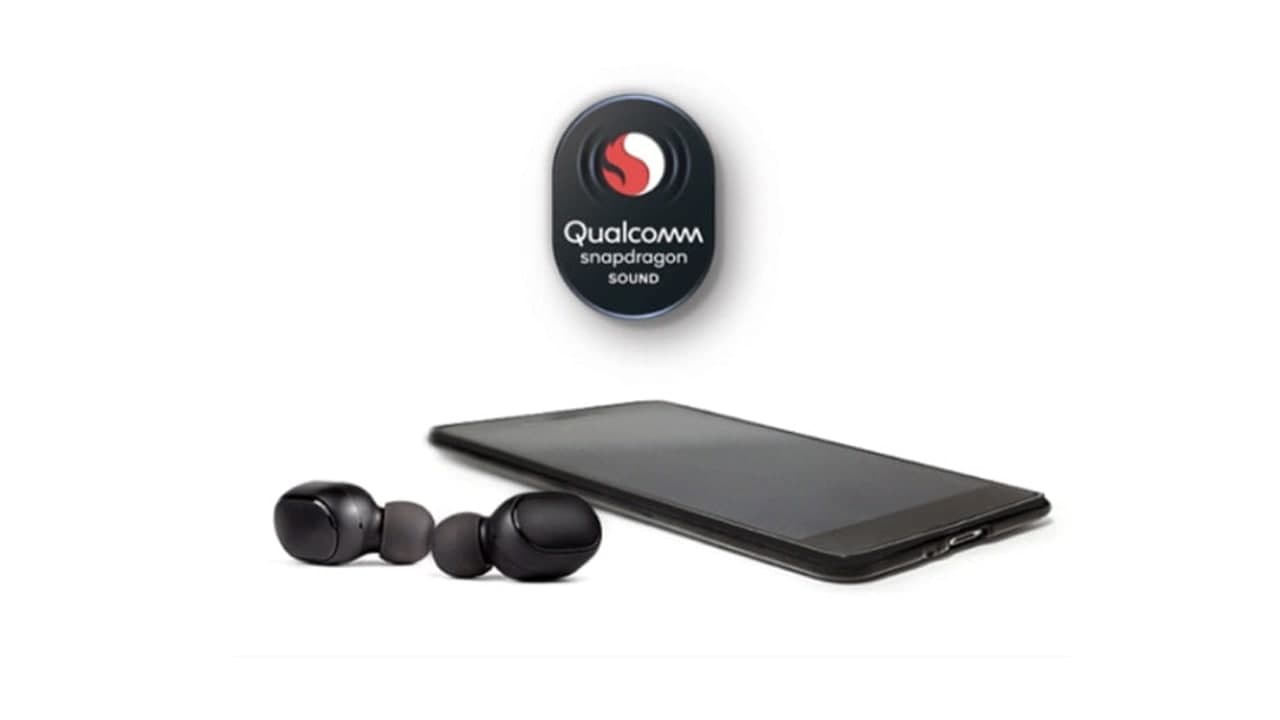
According to the schematic diagram, Qualcomm’s latest aptX benefits from the 24-bit 96kHz audio specification, which greatly improves audio compared to protocols such as A2DP.
The highest specification of the previous aptX HD protocol only supports 24-bit 48kHz, and the new version of the protocol doubles the amount of information.
Snapdragon Sound technology will also improve the sound quality of Bluetooth voice calls. The aptX Voice technology increases the frequency width of voice calls to 32kHz, bringing more real and clear vocals, and also supports noise reduction.
Officials said that this technology facilitates the reduction of background noise in large-scale call centers and other corporate environments, and a better experience.
Snapdragon Sound technology will further improve the stability of the connection, reduce Bluetooth audio interference in crowded places such as subways, and prevent Bluetooth headsets from dropping.
With this technology, even in complex WiFi and radio frequency signal environments, the stability of Bluetooth headsets is still very reliable and not susceptible to interference.
Qualcomm’s technology has also decreased the latency of the aptX Adaptive audio protocol to 89 milliseconds, While the delay of traditional Bluetooth audio is as high as 100-200 milliseconds.
Qualcomm stated that Snapdragon 888, Qualcomm’s latest QCC series Bluetooth chips, and FastConnect 6900 wireless chips will support Snapdragon Sound technology.
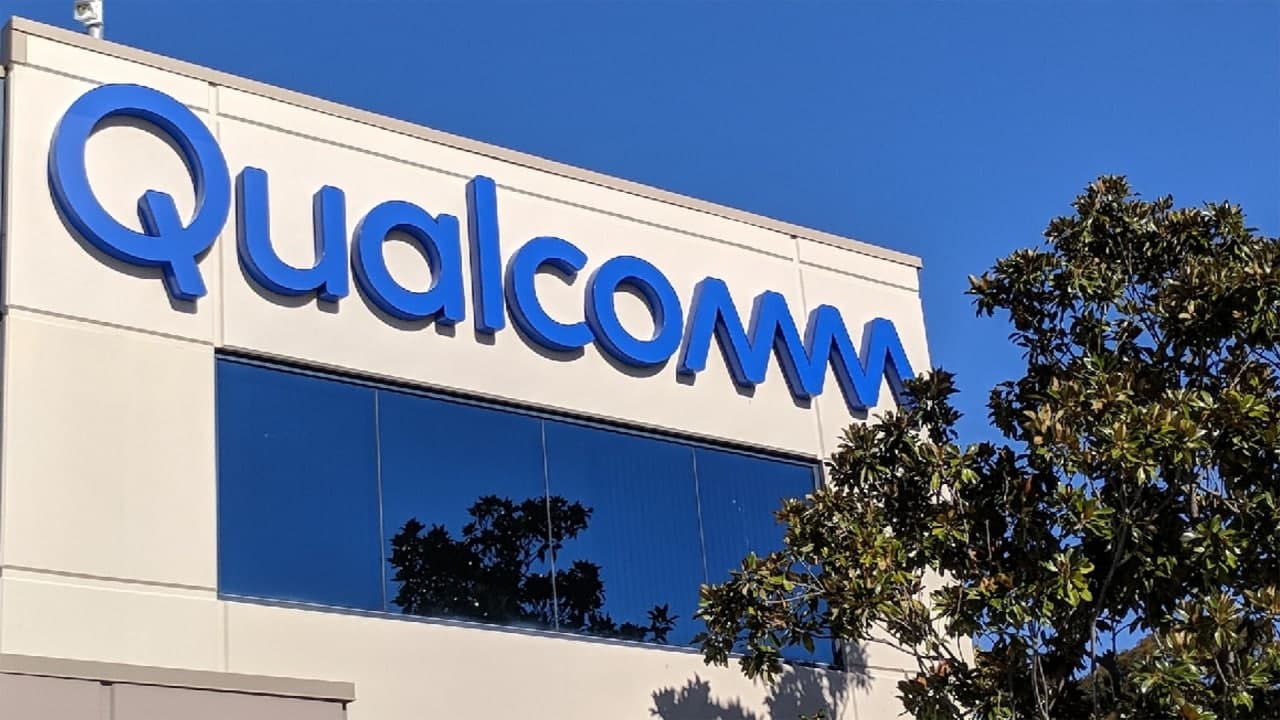
(Via)

